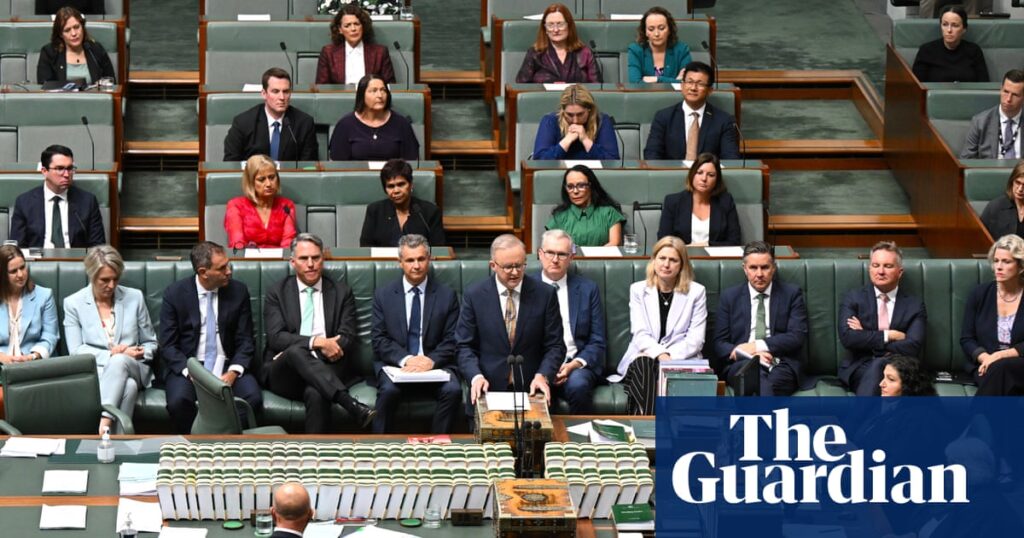
Australian governments are facing criticism for not doing enough to address the entrenched disadvantages experienced by Aboriginal and Torres Strait Islander communities. An independent review of the national Closing the Gap strategy, conducted by the Jumbunna Institute for Indigenous Education and Research at the University of Technology Sydney, has highlighted significant shortcomings.
This review marks the first independent assessment of the Closing the Gap agreement since its inception in 2008. The agreement, endorsed by all Australian governments and the Coalition of Peaks—a representative body of over 80 Aboriginal and Torres Strait Islander community-controlled organizations (ACCOs)—was intended to reshape the relationship between governments and First Nations people, emphasizing shared decision-making and structural reform.
Findings of the Review
Despite the landmark agreement and its 2020 refresh under the Morrison government, the review found that state, territory, and federal governments are still falling short. The report noted,
“Much of the burden for that success rests too heavily on Aboriginal and Torres Strait Islander parties, while government parties carry a lighter responsibility.”
The Peaks, ACCOs, and communities are reportedly doing the heavy lifting, yet remain under-resourced compared to governments.
The review involved consultations with over 500 Aboriginal and Torres Strait Islander individuals across Australia over five months. Although the overall architecture of the agreement was deemed sound, systemic failures such as governmental inaction and pervasive structural racism were identified as significant obstacles.
“Despite the National Agreement commitment to identifying and eliminating racism, no systemic steps have been taken,”
the report stated, underscoring the deeply rooted nature of racism within government institutions.
Current Status of Closing the Gap Targets
The most recent government update on Closing the Gap targets reveals a mixed picture. Only four targets are currently on track, while six show improvement but remain off track. Four targets are worsening, and another four cannot be assessed at this time.
Prof. Lindon Coombes, director of the Jumbunna Institute, emphasized the need for reflection among those leading efforts to improve the lives of Indigenous Australians. He stated,
“We want this review to provide constructive feedback for all parties to the National Agreement, and to hear the voices of the people it seeks to support.”
Coombes called for a reevaluation of the relationships between governments and the Coalition of Peaks, noting how these relationships either support or hinder implementation.
Historical Context and Expert Opinions
This development follows a long history of attempts to bridge the gap between Indigenous and non-Indigenous Australians. Tom Calma, who served as the social justice commissioner at the time of the 2008 agreement, highlighted the necessity for governments to engage with a diverse range of Indigenous groups and organizations. He stressed the importance of holding governments accountable for their role in addressing inequities, given that most Indigenous people rely on mainstream services.
Calma pointed out,
“There’s not enough effort being put into getting mainstream organisations and governments to do their share. There’s no targets for them. All the targets are for the community control sector.”
He emphasized the need for mainstream services to be culturally competent and to address systemic racism and discrimination.
Calls for Accountability and Genuine Partnerships
Meanwhile, Muriel Bamblett, CEO of the Victorian Aboriginal Child and Community Agency, condemned governments for their lack of progress. She stated,
“Today’s review has once again highlighted that without clear accountability, and a lack of genuine partnership between Government and Aboriginal people, progress will continue to be critically slow.”
The review’s findings underscore the urgent need for substantial changes in how governments engage with and support Aboriginal and Torres Strait Islander communities. As the nation reflects on these findings, the path forward requires genuine partnership, accountability, and a commitment to addressing systemic issues that hinder progress.






